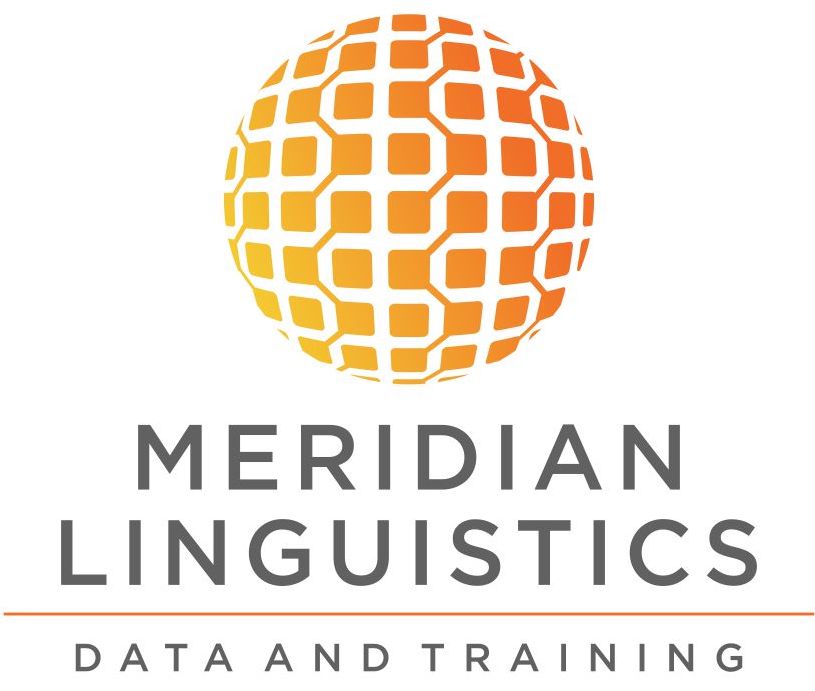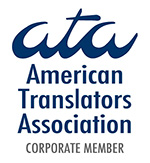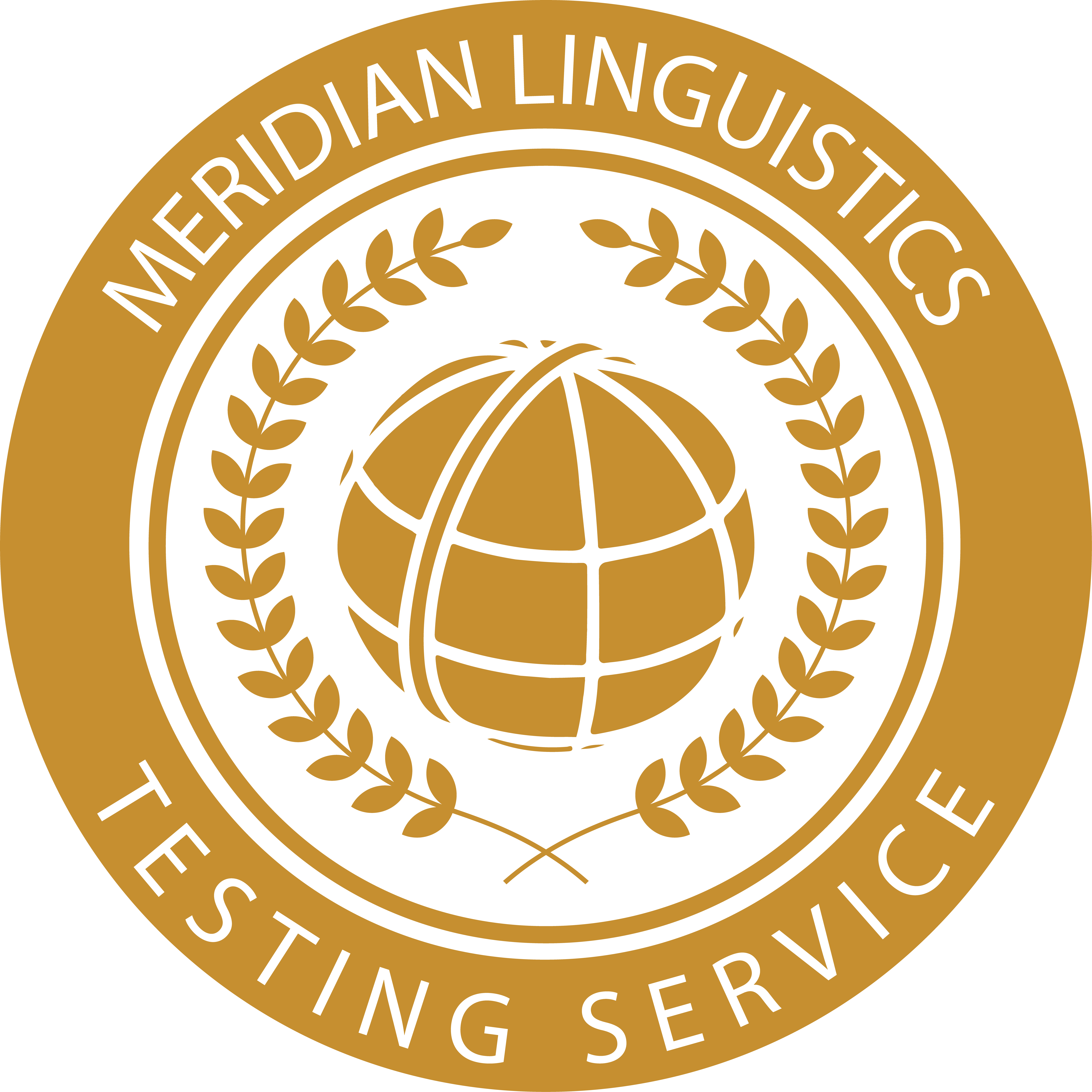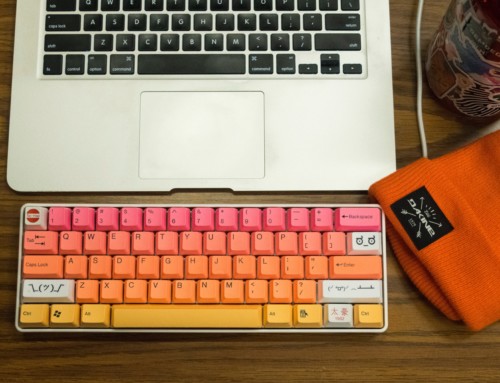Is your New Year’s resolution to learn a foreign language?
Mine has been…pretty much every year for the last ten years.
I grew up a monolingual English speaker in a very monolingual country (the US), and started learning Spanish in the 9th grade. Spanish, arguably one of the easiest languages for English speakers to learn, turned out to be a struggle for me. This was even more embarrassing than you might think, because my father is actually a native Spanish speaker who grew up in El Salvador (we just always spoke English at home). If I asked him for help on Spanish, his inevitable response was “that’s just the way we say it!” I assumed that I just wasn’t good at learning foreign languages, and gave up on Spanish several times.
It took me a good five years to finally master the language (maybe I’ll write about that journey another time). In the process, I tried nearly every trick in the book. But because of my struggle, I found out about nearly every trick in the book. When I finally reached fluency in Spanish, I applied these methods towards learning French, which came surprisingly easily to me. I then tackled Mandarin and Russian. Then American and Nicaraguan Sign Language. Then Arabic, and now Korean and Cantonese, with a few forays off into basic Vietnamese and Mongolian.
I should give a disclaimer here that I will never claim to be professionally fluent in all of these languages: maintaining fluency is a constant juggling act and a topic for another post. I also need to stress that I don’t have any particular kind of talent for learning languages. I’m not being modest here, trust me, I know people who are truly talented at learning languages, and theirs is a unique gift.
I don’t learn easily. But I learn smart.
I have learned what methods have worked for me, and what I can achieve with the right tools and some time set aside each day. It is really helpful to think of language learning like a workout regimen. It takes a little time every day (cramming is not very effective). It also takes actual physical drills (your tongue is, after all, a muscle that must be trained to twist into unfamiliar positions). And it takes a willingness to adapt to the methods that are most effective (even if they are a little more painful).
It has been more than worth it. Going back to my high school Spanish teacher and telling him that I was working as a simultaneous Spanish interpreter at the United Nations—that feeling was priceless. And the look on my Hong Kong in-laws’ faces when I gave my wedding toast in Cantonese, after six months of studying in secret: I’ll never forget it.
The Basics:
Just like any other workout regimen, language learning requires balanced targeting of a few different mental and physical skills. You can’t just do abs day every day (I wish…) You’ll need to:
.
-
Develop a thorough understanding of the grammar
-
Learn a lot of vocabulary
-
Develop a subconscious understanding of the language’s prosody and phonetics (the sounds and tones)
-
Drill
.
Developing a thorough understanding of the grammar
I like to use a combination of textbooks, phrasebooks, and online sources for this.
It might seem like an odd choice, but Lonely Planet phrasebooks do a great job of breaking down basic grammar in just a few pages, to give you a basic introductory foundation. They have an extensive selection of languages (Fijian, anyone?) This is great for top-down learners like myself. I start with this before confusing myself with any textbooks or classes.
Textbooks: these are obviously specific to the language you are learning. Colloquial has a great serious of affordable language-learning books, and they are well-structured (I read through the Russian book before starting my college Russian course, and it saved my life). University textbooks are also a great (but expensive) choice.
Online sources: I’ve learned from my father (surprisingly) to make the most of internet resources such as blogs and Youtube. He has made an art of collecting online resources to address his Korean grammar issues, and has made fantastic and slightly unsettling progress (when I said I know people who are naturally talented at learning languages, he would be one of them). When my father is stuck on a Korean grammar point, and the textbooks I ship him don’t clearly explain, he googles it, finding his answers on Talk to Me in Korean or Margarita’s YouTube channel. Whatever grammar question you have: it is likely many others have had this question before. Just google it.
Learning a lot of (relevant) vocabulary.
This is straight memorization. Sorry, guys. Luckily there are a bunch of apps out there now that have gamified vocabulary learning: I love Memrise. To find the most relevant language pack in an app like Memrise, I often look up that language’s proficiency test (in Korea the TOPIK, in China the HSK, in France the DELF, in Spanish the DELE, in English the TOEFL) and then look for vocabulary packs for that test in the Memrise app. I also really like the app Mondly, although I have only tried it for Vietnamese so far [UPDATE: I have now tried Mondly for Indonesian as well, and can highly recommend their courses]. I do my Memrise and Mondly on the subway, or anytime I’m waiting in line.
When you get to the point where you can read novels, this is a great way to pick up a lot of vocabulary quickly. Your brain will use context to figure out new words faster that you could memorize a flashcard. But you will, of course, need to be at an advanced level to do this efficiently. (The good news is…as you progress with language learning, it actually gets easier and more efficient to learn! Unlike exercise, where if the workouts get easier, you actually have to work harder, or else your body adapts and you suddenly can’t eat as much kimbap…ugh….)
Developing a subconscious understanding of prosody (the tonality of language) and phonetics
When I studied Mandarin in college, I was initially so frustrated that we spent nearly a whole month just memorizing monologues and reciting the same sentences over and over. The Chinese care too much about rote learning, I thought. I wanted to learn some grammar rules already.
Then one day, about a month in, something just clicked: I no longer had to think about my pronunciation or my tones. When I spoke full sentences, they flowed naturally, not haltingly. I still didn’t have much vocab or grammar, but my brain space was now freed up to concentrate on the harder stuff (like reading a character-based writing system, ugh).
I can’t emphasize enough how much passive listening can help your language learning. I also just love how it makes me feel twice as productive. Great methods for passive listening:
- Put on a radio station in the language you’re learning while you put on your makeup in the morning or walk the dog. I listen to RFI for French every morning while I get ready.
- Watch movies/TV in that language (try delicast.com for programming from dozens of countries)
- Try Pimsleur (using Pimsleur on its own is not very effective in my opinion, but it is a GREAT way to memorize some basic important phrases to get you launched, and it is a FANTASTIC way to subconsciously learn prosody and phonetics. I love that Ellen Jovin (a great language-learning resource) listens to Pimsleur while taking long walks in Central Park. I should do that.
- Write short monologues with a tutor and make sure they flow naturally and are colloquial. Then ask your native-speaker tutor to record the monologue for you, stick it on your phone and listen to it over and over until you can recite it easily.
This is a great way to get used to a language’s natural prosody (the overall pitch changes across a sentence: an often-overlooked pronunciation problem that can severely hinder comprehension. If you ever watch Chinese movies where actors pretend to speak fluent English but have actually just memorized their English lines, listen to how odd their prosody is and how much it affects your comprehension even when everything is pronounced correctly).
Memorizing monologues is also a great way to fake fluency and impress native speakers…every cab driver in Korea thinks I’m fluent because I’ve memorized “I moved from Korea 4 years ago, I love it here, I’m married but no kids yet, wow how old are your kids, they’re so cute, I hope to live in Korea a long time, I’ll get off here thanks, can I pay by card.”
Drill
Like I said before, speaking or signing a language is a physical feat, although people often forget that, and focus on the mental part of it. If I don’t speak Spanish for awhile, my pronunciation deteriorates. As an advanced Spanish speaker, I can HEAR that my pronunciation is bad, but my tongue just won’t twist the right way. Then in order to fix the problem, I have to focus too much on my pronunciation, taking cognitive resources away from retrieving that low-frequency vocabulary I haven’t used in awhile…and it is all downhill from there.
This is why it is so important to consider language learning another workout regimen (albeit one with smaller muscles), one that needs to be maintained and can’t just be learned once and set aside.
When I am in new language-learning mode, I pair Glossika with italki for at least 30 minutes a day, a few times a week. Here is how this works:
Glossika offers sets of recorded sentences delivered via “spaced repetition training”. You can stick the audio files on your phone and listen to them passively on your walk to the grocery store, or you can follow along with the PDF or desktop app and actively repeat each sentence. I’m not going to lie, the latter is extremely boring (as is doing 100 situps in a row) but it is also very effective. That’s why I get myself a “personal trainer” in the form of an italki tutor, to keep me disciplined. Before each week starts, I sign up for 3-5 sessions with a cheap “Community Tutor”. These tutors are usually untrained, but are native speakers of the target language and available for cheap half-hour rates. I pay them to literally sit there on Skype and listen to me repeat sentences for 30 minutes. This is boring for them as well, so I encourage them to save their dishwashing or laundry folding for our class time, so that they can kill two birds with one stone. They mostly listen, but if they hear something egregious in my pronunciation, they point it out to me.

Italki is also very useful for finding highly-experienced language teachers to help guide your language learning. As a review-based system that also manages payment, it incentivizes teachers to be highly prepared and engaging. There is also a great range of abilities, prices, and timezones. On italki, I pay the most for my Korean teacher, because it is a really hard language and I need the best teacher I can find. For French, I really just need to not forget the language, so I hired a French tutor to just chat with me once a week from his home in Vietnam (good for my timezone).
My Vietnamese teacher, inexplicably, Skypes in from Finland!
Quick thoughts on other learning methods:
- Enrolling in a university course: Hands down, this is usually one of the best ways to get a solid foundation in a foreign language. However, this is very expensive, and a serious time commitment. So, I’m not going to expend much more word count on it here.
- Duolingo: This app works great for languages that are similar to your own. If you are a native English speaker, Spanish and Swedish work great. However, their Chinese, Korean, and Vietnamese courses are not fully (linguistically) debugged yet; they are still relying on crowdsourcing to fix all the mistakes. Understandably these languages are huge challenges to their app design, which tries to avoid overt lessons and tries instead to teach by example.
I recommend using Duolingo as a gamified way to get used to pronunciation and prosody, and also just a fun way to feel productive in your language learning (my husband is now on more than a year-long streak!) However, you will not learn a language with Duolingo alone.
- Rosetta Stone: I’m only mentioning this as I’m asked about it all the time. I haven’t used Rosetta Stone since 2012 (hey Rosetta, if you send me a new version I’ll try it out!) but I recently tried their demo, and it appears to be basically the same design as Duolingo. It was a really fun program to use (and I loved their cheeky marketing) but on its own far from enough to learn a new language. I’d love to hear from language learners who have used it more recently.
- Studying for a test: Testing-averse Americans won’t want to hear this, but I really like this method. Studying for a test (such as the HSK, DELE, TOPIK, or DELF) keeps me focused and disciplined. I tell all my friends about it so that it becomes a matter of shame if I don’t do well. You can’t learn a language on this method alone (and indeed you won’t do very well on the test if all you do is study test prep books) but it sure helps you cram a lot of vocab in a short period of time.
- Immersion: Moving to new country and spending your day chatting with locals is an excellent way to learn a language IF you actually do immerse yourself. When I lived on the outskirts of Beijing, I stayed with a host family that spoke no English. If I wanted to interact with English-speakers they were a two-hour bus ride away. My host grandma was exceedingly patient and sat with me every day while I struggled to read the newspaper, capping off each session with loving entreaties that I marry an engineer and wear more sunscreen. My Mandarin improved very quickly. When I moved to Korea I got married (to a Canadian journalist, sorry Lao Lao) and started a new online business which took up all of my time, so despite living in Korea I have not ever considered myself “immersed”. The key is being honest with yourself about whether you really are getting the benefits of immersion (or if you are really only immersing yourself in German beer, as many a study abroad student has realized).
- Language Exchanges: These don’t work for me. Quite simply because I don’t have the time nor the patience to add an extra hour to a session to speak in English. I also find language exchanges really difficult to maintain—inevitably I get too “busy” and we start postponing and then cancelling sessions. When I’ve paid for a class, it doesn’t matter if I’m “busy” (let’s be real, we’re never not busy), I feel more obligated to keep the paid appointment.
Finally: I cannot stress enough how useful an understanding of elementary linguistics is, if only because it helps you identify and parse linguistic structures in a way that is not beholden to your native language. Not to mention that language is really an astonishing phenomenon that behaves and changes in predictable yet fascinating ways. It is worth a little bit of reflection. Pick up a textbook or find an online MOOC.
I hope this helps with your language learning journey. If you have any questions or suggestions for specific languages or learning methods, please leave them in the comments!
For more information about useful apps, programs, and books for language learning, check out our Language Learning Resources page. Meridian has partnered with many of the leading language learning organizations to offer you discounts and promotions!
AUTHOR’S BIO
Sara Maria Hasbun grew up monolingual but now speaks Spanish, French, Mandarin, Russian, Arabic, Nicaraguan Sign Language and American Sign Language. She is currently studying Korean (but taking little breaks to work on Cantonese and Vietnamese). Sara Maria has a BA in Linguistics from Columbia University, and worked as a freelance translator and interpreter before founding Meridian Linguistics. She dreams of learning languages full time.
This post contains affiliate links, but I am only recommending products I use myself and have been effective for my language learning. Clicking on these links will earn us a small commission, and help support this blog (and hopefully, help you learn a foreign language as well!)
If you are already fluent in another language and would like to consider working as a translator, you might check out our article on getting started in the translation industry, or how to get your translation credential through the Meridian Linguistics Testing Service. Working as a translator is a great way to build a location-independent career that is both flexible and intellectually rewarding.














Leave A Comment